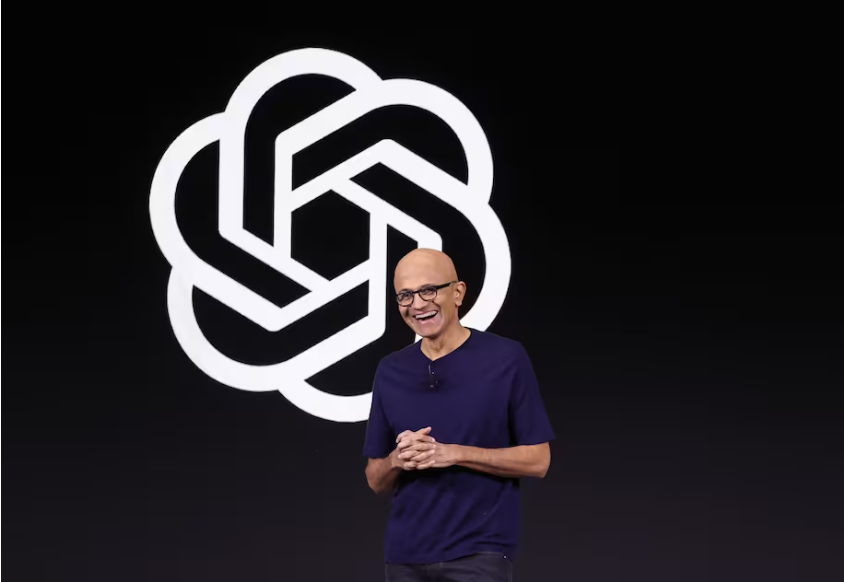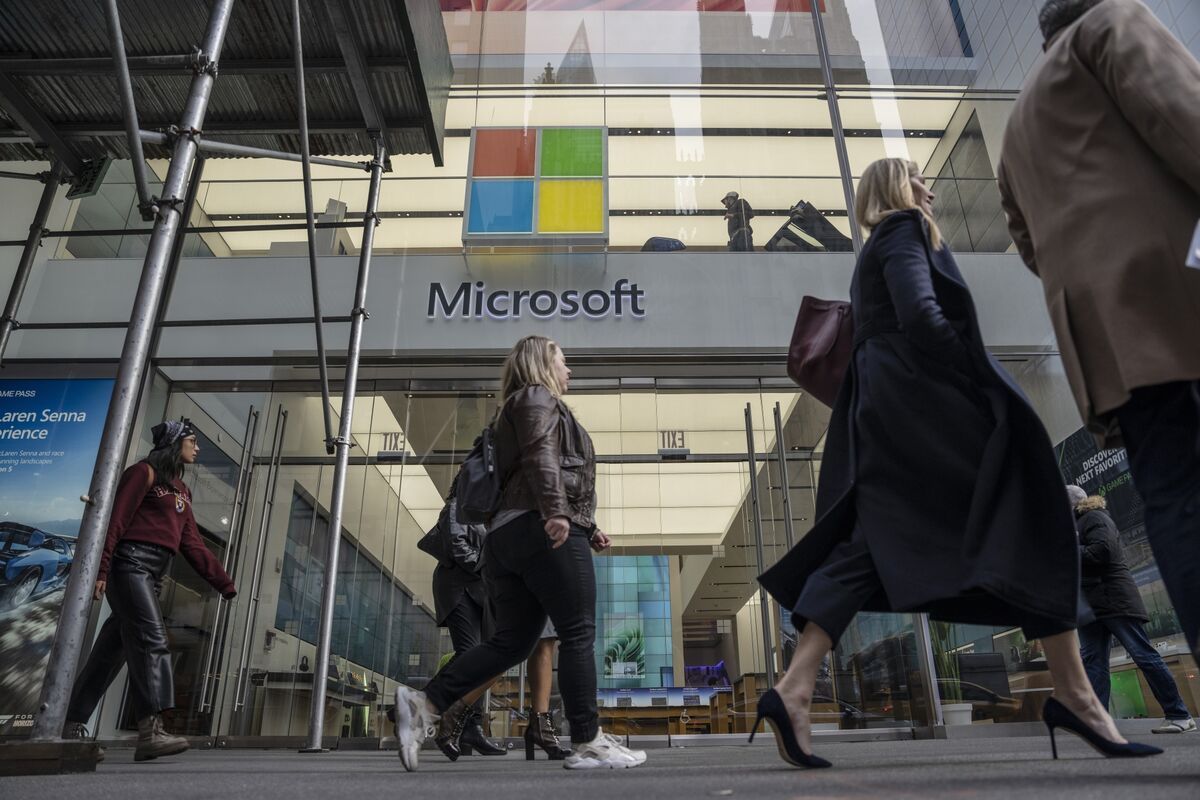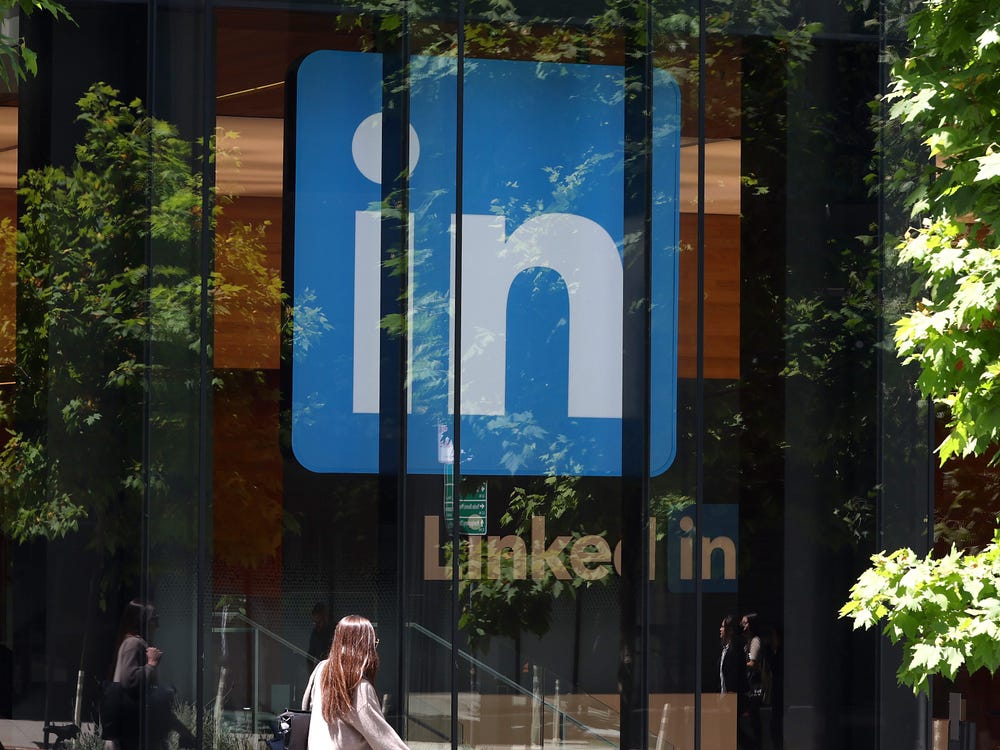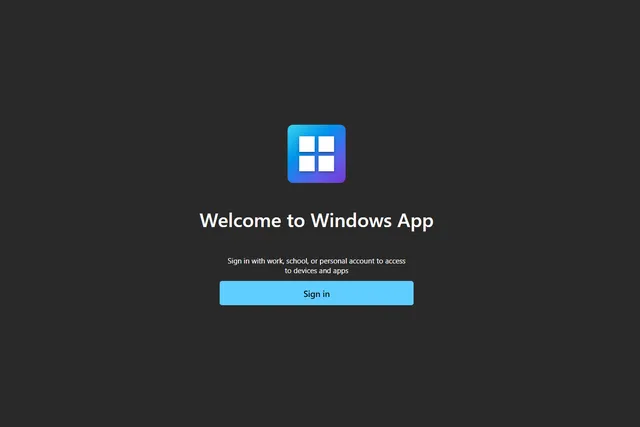This article is more than
8 year oldMicrosoft attacks Google's Windows hack alert
Google published details of the yet-to-be-fixed bug on Monday after giving Microsoft a week to react.
Google said the issue was "particularly serious because we know it is being actively exploited".
But Microsoft said the alert could do more harm than good at this point because it needs more time to develop a patch.
"We believe in co-ordinated vulnerability disclosure, and today's disclosure by Google puts customers at potential risk," a Microsoft spokesperson told the VentureBeat news site.
"Windows is the only platform with a customer commitment to investigate reported security issues and proactively update impacted devices as soon as possible."
The flaw involves a file called Win32k.sys, which the operating system requires to display graphics. It should not be deleted or otherwise altered by users because doing so can cause system errors that result in the so-called "blue screen of death".
However, Google outlines a way hackers can exploit the file to cause a "security sandbox escape", meaning that once it is compromised they can access and alter other unrelated computer functions to cause problems.
Since 2013, Google has operated a policy of giving developers 60 days to fix a flaw it has identified if it does not believe anyone else is making use of it, but only seven days if it thinks it is being actively abused.
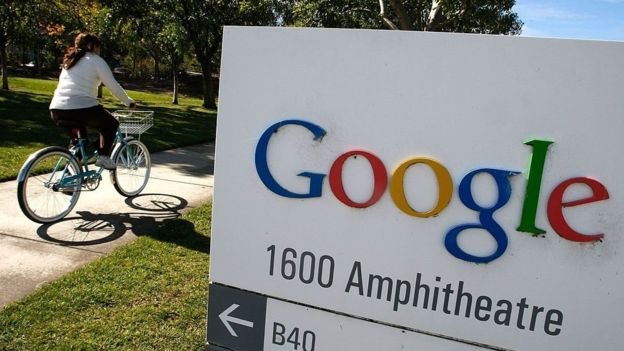
Google suggests it is better to warn the public about some flaws than to keep them hidden
It acknowledged at the time that this was "an aggressive timeline" that might be too short to create a fix but added that it should be enough time to publish advice about "possible mitigations".
"By holding ourselves to the same standard, we hope to improve both the state of web security and the co-ordination of vulnerability management," it added.
The search firm suggests one way users could limit their exposure would be to use its Chrome web browser, which it says is not exposed to the vulnerability.
For now, Microsoft's only advice is: "We recommend customers use Windows 10 and the Microsoft Edge browser for the best protection."
One cybersecurity expert called for more details.
"What Google has done is understandable, bearing in mind it says the bug is already being exploited," commented Dr Steven Murdoch from University College London.
"But whether or not it was right to have made the flaw public is a matter of debate - there are reasonable arguments on both sides, and we still don't know who are the attackers and who are the targets.
"But certainly, Microsoft could now do more to provide advice to its customers about how they could reduce their risk."
Keywords
Newer articles
<p>The British singer/songwriter/DJ will perform at Warner Theatre on May 16.</p>
For Putin, Gaza is an endless gift
Bombshell new theory on Titan sub disaster
Russia pounds Ukraine with biggest airstrikes in weeks
Woman'sCanadian citizenship revoked after 32 years amid 'error'
‘Orange turd’: Porn star’s swipe at Trump
WWE icon ruthlessly axed after 32 years
Justin Bieber announces huge personal news
Netflix edits out awkward Kim moment
How Kendrick Lamar and Drake changed rap beefs forever Rapid-fire releases and fast pace of modern life elevate diss war to levels unparalleled in hip-hop history.
